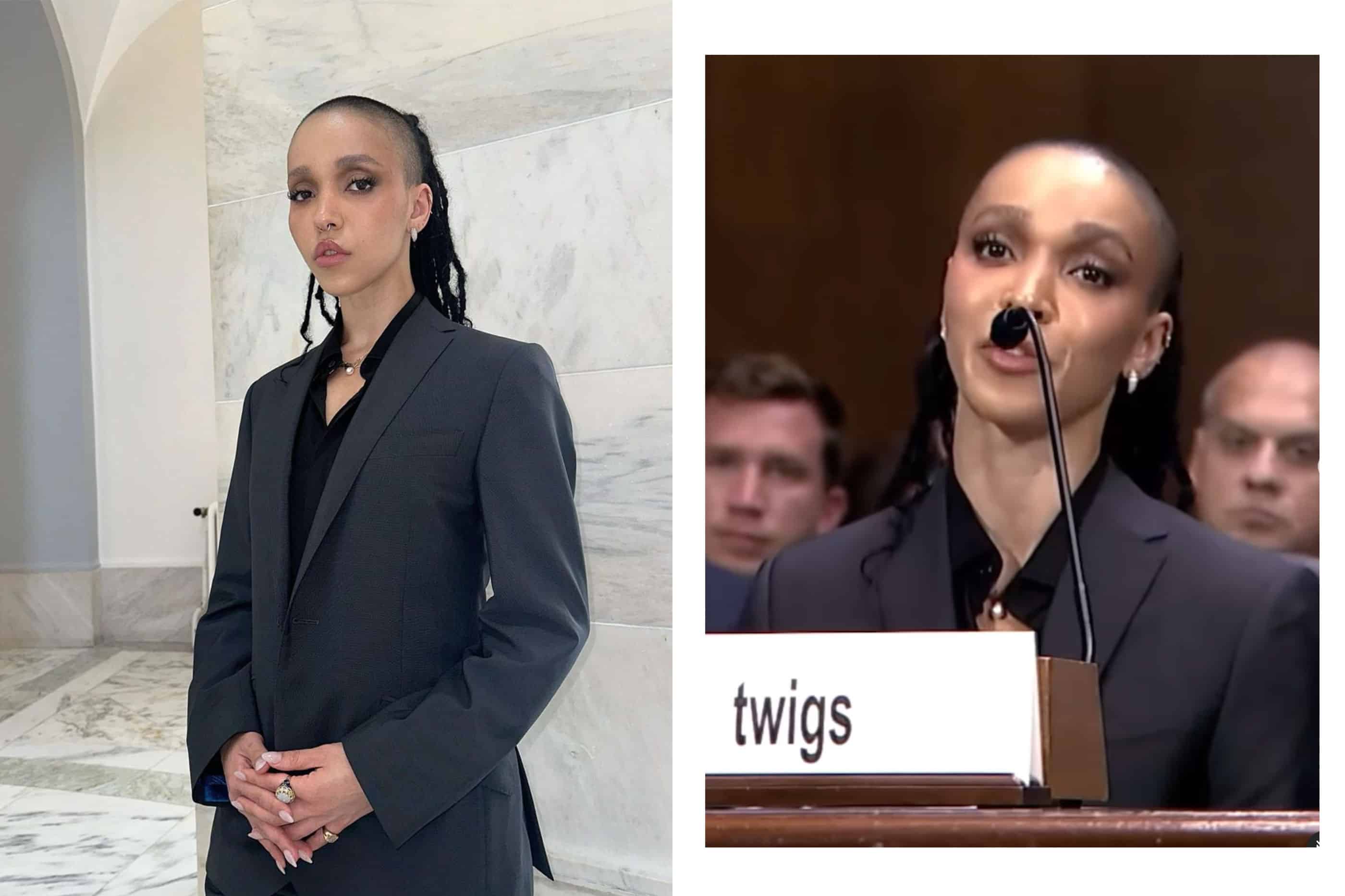
News broke yesterday of the latest tear in the AI havoc of 2024. From May, Google will soon begin to limit and ban ads that promote websites and apps that create deepfake pornography.
Google’s Inappropriate Content Policy now lists that it will suspend advertisers from promoting websites, services and apps that fabricate deepfake porn, or share instructions on how to circulate it and feature or compare different deepfake porn creators. The new law will go into action on May 30, allowing the current market to withdraw material that my be violating the rule.
What AI regulations exist in Australia?
In Australia, the odds are similarly stacked against. The federal government's interim report on AI regulation revealed, “Existing laws likely do not adequately prevent AI-facilitated harms before they occur, and more work is needed to ensure there is an adequate response to harms after they occur.”
While in Australia image-based abuse is a breach of the Online Safety Act 2021, the penalisation does not increase upwards of a fine, whereas laws in other jurisdictions are liable to impose jail time. Therein lies the issue: the yellow tape of safeguarding of public privacy is not sufficient to combat the accelerating instances of deepfake misuse. Fake news, malicious hoaxes and intimate imagery are still circulating at a pace that the government is struggling to contain.
Why is FKA Twigs testifying about AI?
Last week, Tahliah Debrett Barnett testified to the judicial court of the threat artificial intelligence posed. You may also know her as musician FKA Twigs. Twigs' appearance in court was backed by yet another revelation. The singer herself had duplicated an AI variation of herself she intends to unveil as 'AI Twigs' for all future social media.
"In the past year, I have developed my own deepfake version of myself that is not only trained in my personality, but also can use my exact tone of voice to speak many languages," Twigs said in her statement. “I will be engaging my ‘AI twigs’ later this year to extend my reach and handle my online social media interactions, whilst I continue to focus on my art from the comfort and solace of my studio."
View this post on Instagram
Twigs is not here to condemn all use of AI. In fact, her testimony speaks to the many useful and alleviative qualities artificial intelligence can bring to the table. What she is concerned with is the miscarriage of intellectual property, particularly when hers and countless others' identities are concerned.
Despite the growing insurgence of deepfake misuse, the United States does not have any federal laws penalising the use of deepfake technology without the permission of the person being impersonated. This has proven to be a deeply vulnerable area for people surviving abusive relationships, who are at-risk of being subjects revenge pornography using deepfake technology. A research company tracking deepfake videos, found in a 2019 study that 96 per cent were pornographic.
In what way might the current legal framework inadequately prevent AI-facilitated dangers? Uncovering this question is key. We can only bridge the gap – and move with our best approximation to the ideal – if we know where that gap exists.
What else can be done?
Combatting image-based abuse must be elevated to a national level. Given the threat they pose to marginalised bodies and women, it is time for the government to rectify the intersectional issues of gender-based violence in the country. Responsibility of governance should not change just because the technology is more advanced.
e-Safety is available for Australian citizens to report any harm and online abuse.
You can also access mental health services below:
- Lifeline on 13 11 14
- Kids Helpline on 1800 551 800
- MensLine Australia on 1300 789 978
- Suicide Call Back Service on 1300 659 467
- Beyond Blue on 1300 22 46 36
- Headspace on 1800 650 890
- QLife on 1800 184 527



